Part:BBa_K533003:Experience
This experience page is provided so that any user may enter their experience using this part.
Please enter
how you used this part and how it worked out.
Applications of BBa_K533003
Like BBa_I712667, it can specifically cleave proteins in the peptide SQVSQNYPIVQNLQ. The difference is that it is expressed as a membrane protein, which enables it to cut target proteins in the media.
We tested function of the protease with OmpA-HIV protese site-SH3, our part BBa_K533002.
E. coli expressing OmpA-HIV protease site-SH3 were first mixed up in multi-proline mCherry, to give it the red fluorescence marker. After washing with distilled water twice, the remaining bacteria were mixed with E. coli expressing OmpA-HIV protease at room temperature for 30 minutes to release the cargo.
After washing with distilled water twice, bacteria were fixed on a slip and stained with DAPI.
| Color Channel | + E. coli expressing protease | + E. coli without protease |
| mCherry | 
|

|
| DAPI | 
|

|
| merge | 
|

|
Test of Expression
We fused this protease to the C-terminal of OmpA and tested its cutting efficiency with a membrane protein containing its cleavage site.
We induced OmpA-protease fusion protein with IPTG concentration of 0.1mM, 0.5mM and 1mM. After 12hours induction at 18 centigrade, protease activity were observed in all the samples.
| Color Channel | 0.1mM IPTG induction | 0.5mM IPTG induction | 1.0mM IPTG induction |
| mCherry | 
|
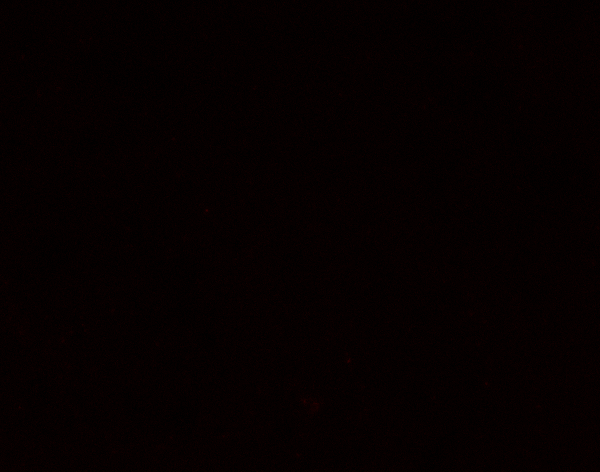
|
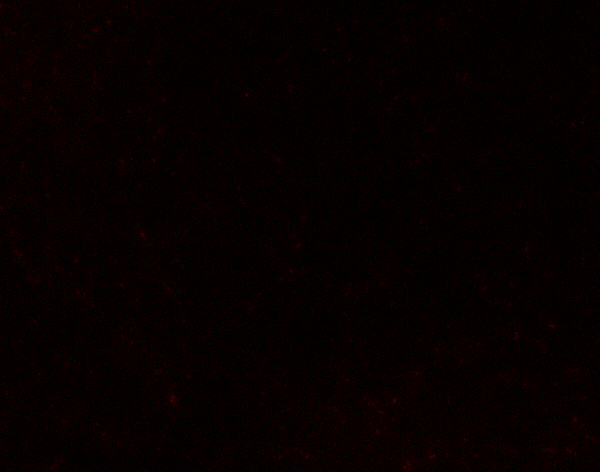
|
| DAPI | 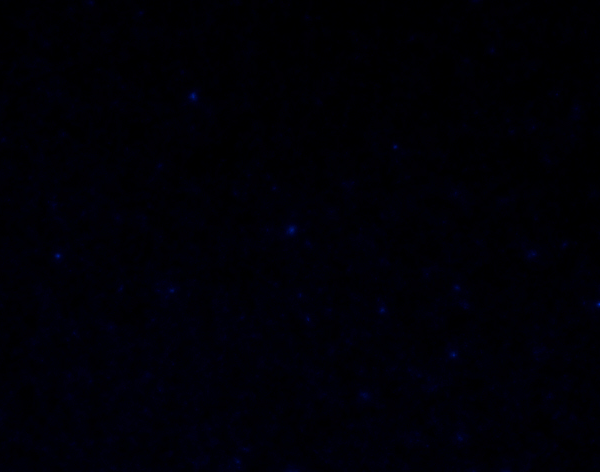
|
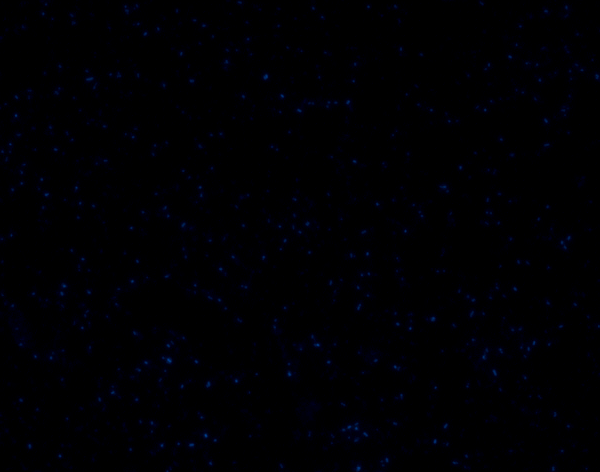
|
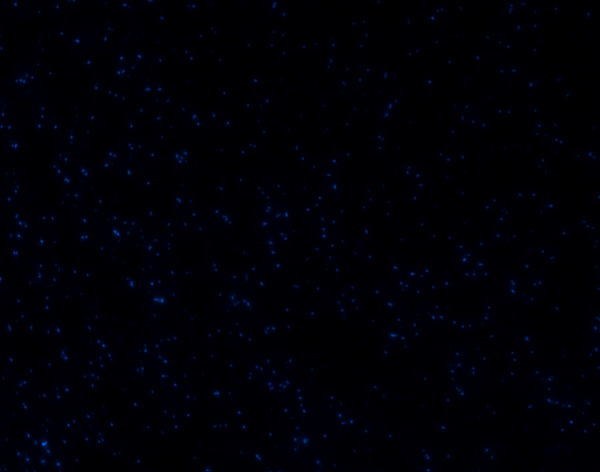
|
| merge | 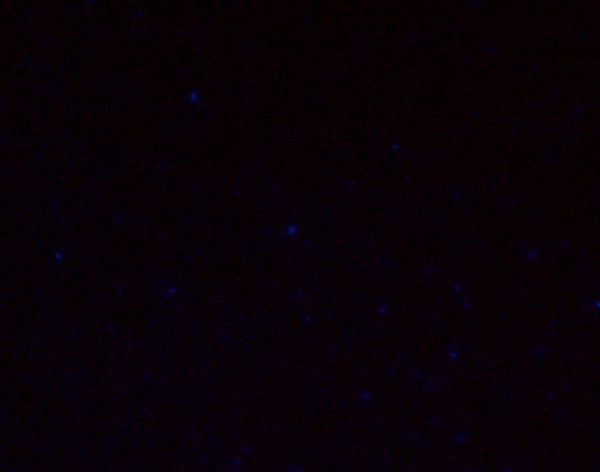
|
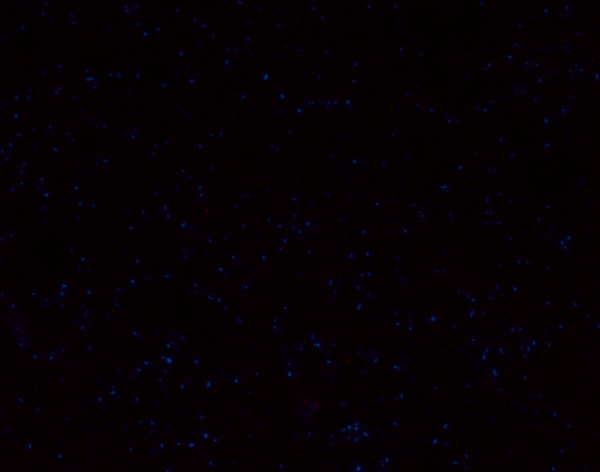
|
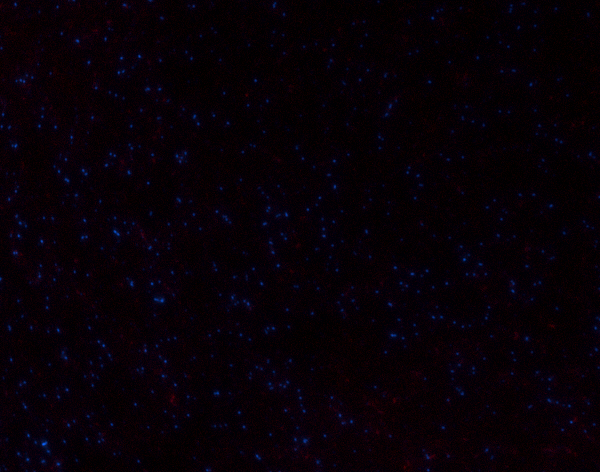
|
Protease cleavage will extinguish the red fluorescence from mCherry.
As is shown, the cleavage activity is highest at 0.1mM induction, suggesting the too high expression level might hinder protein folding.
DAPI in the first set of data seems a bit diffusing, suggesting possible damage to the host cell.
User Reviews
UNIQ12b4c5fddd453e2d-partinfo-00000000-QINU UNIQ12b4c5fddd453e2d-partinfo-00000001-QINU
